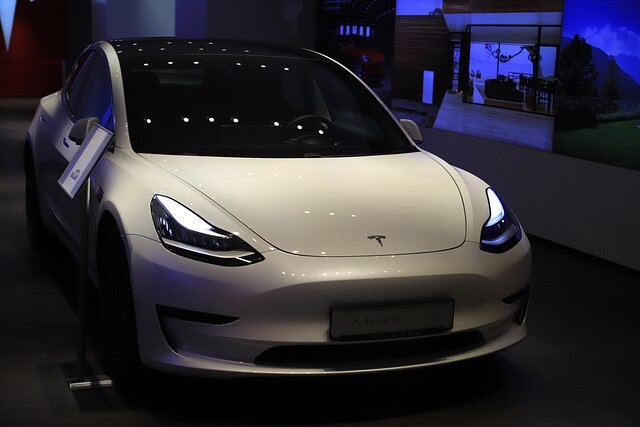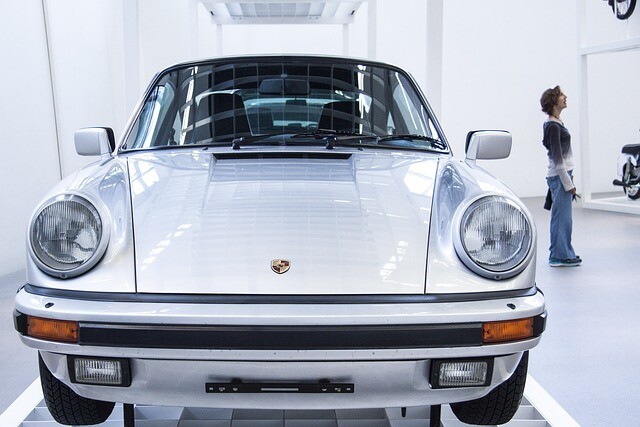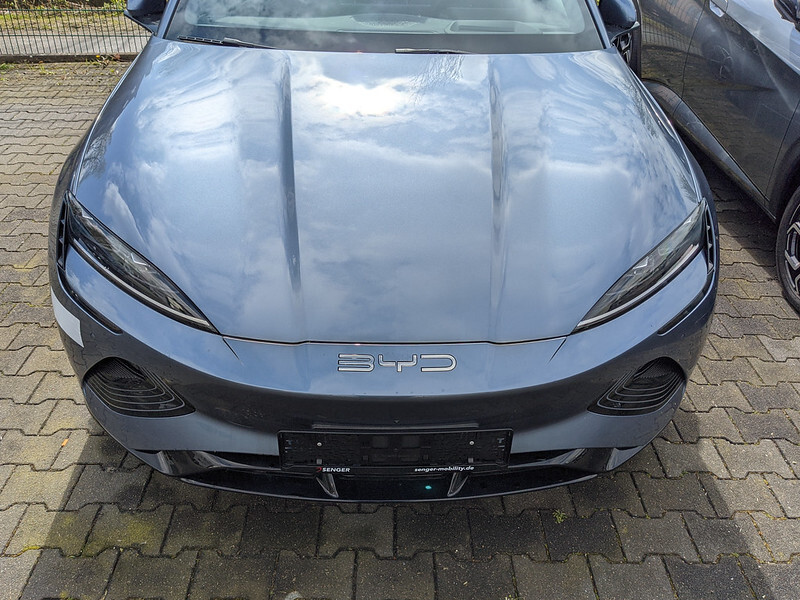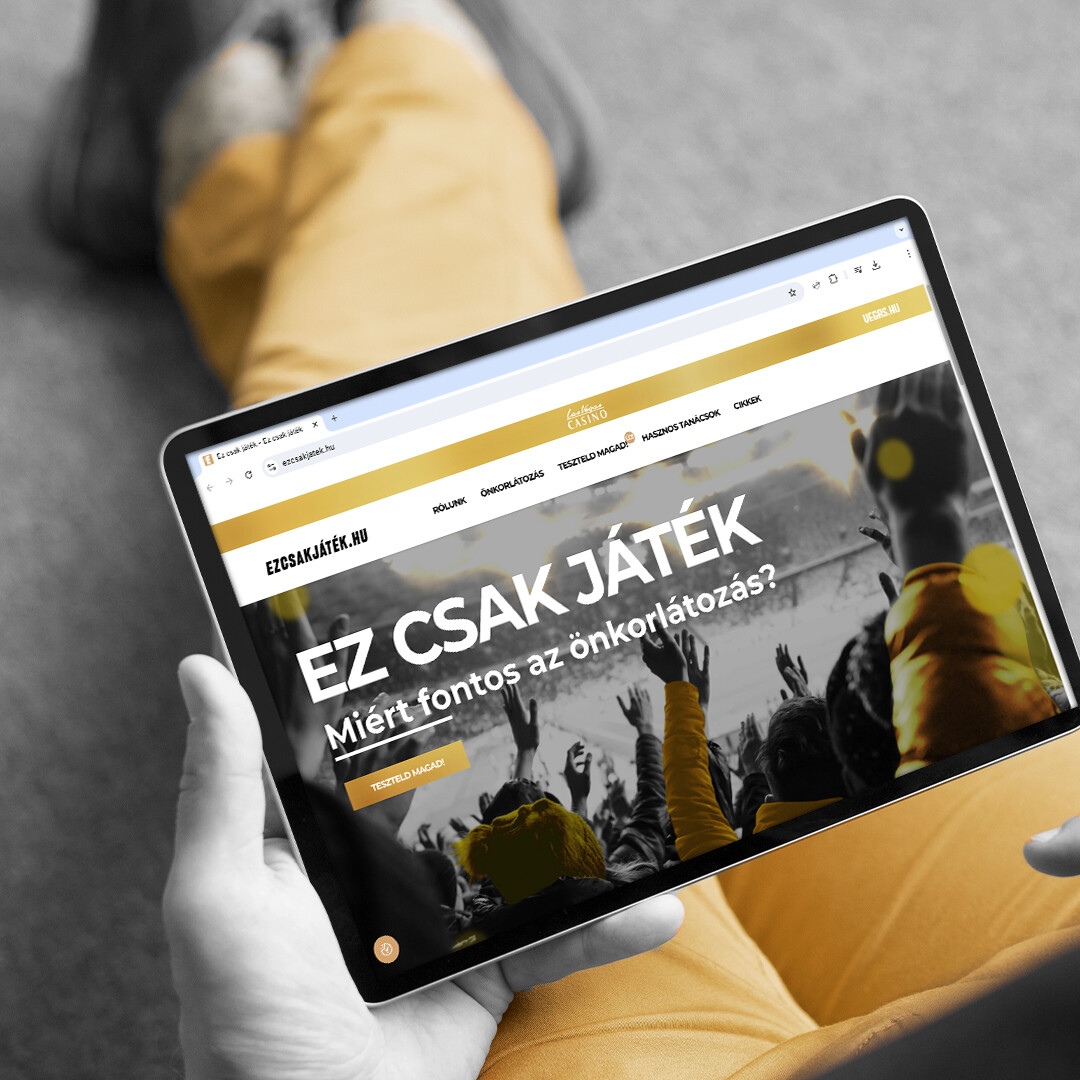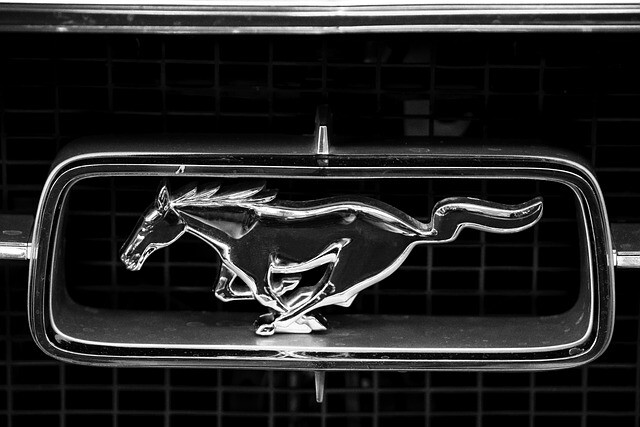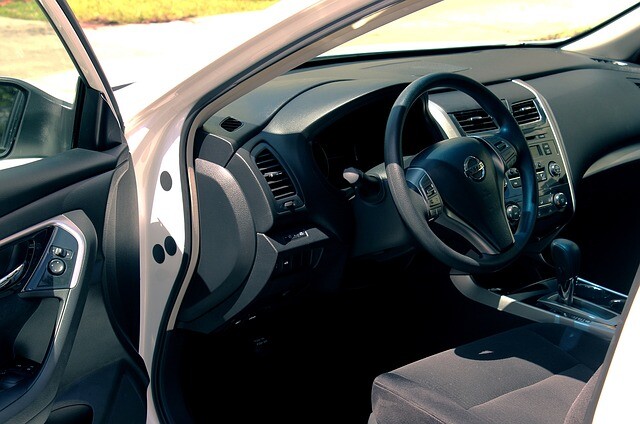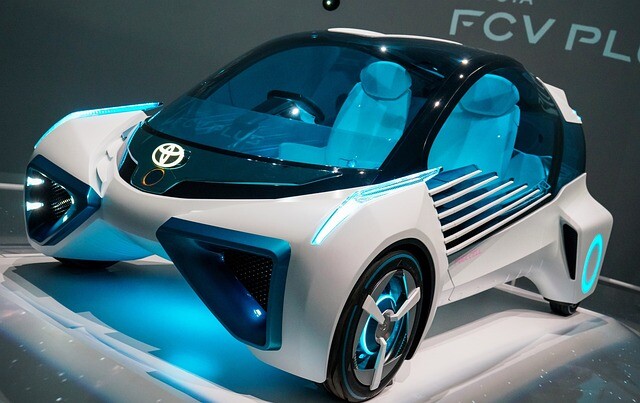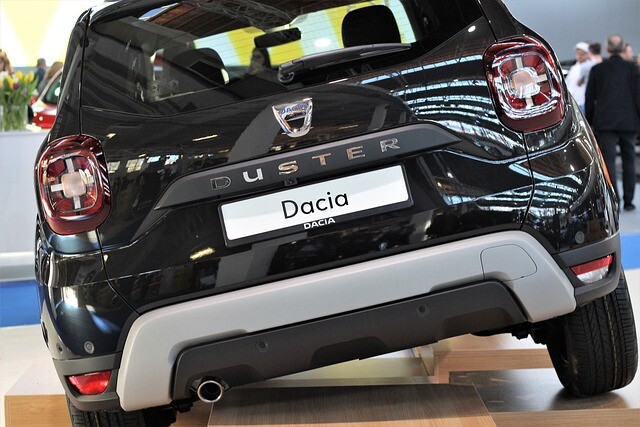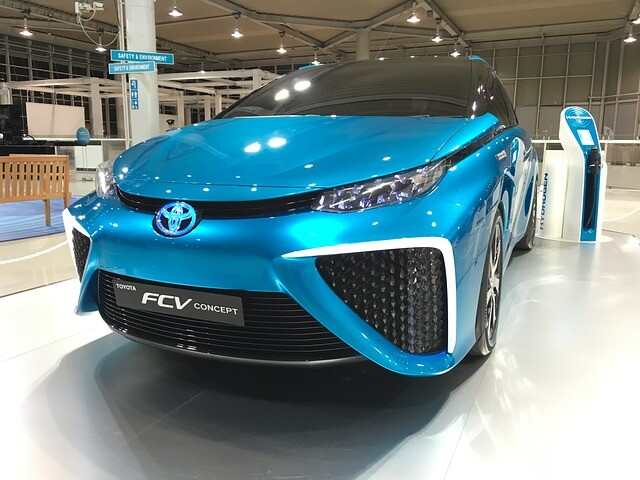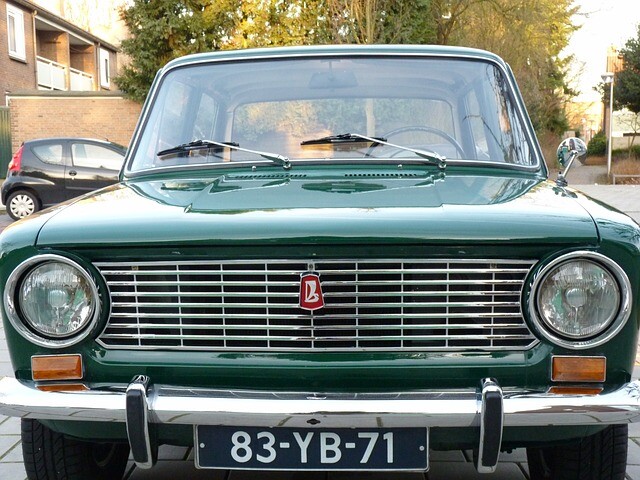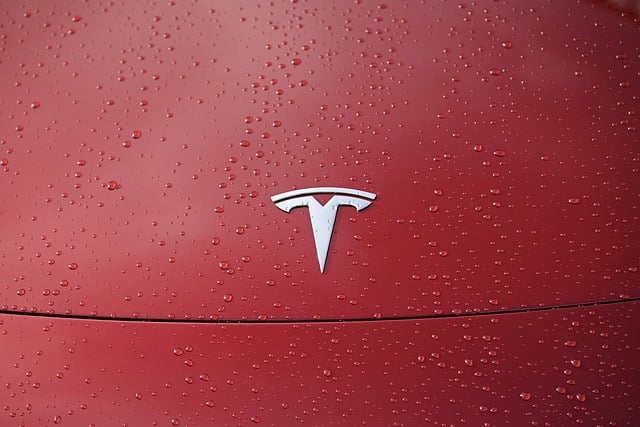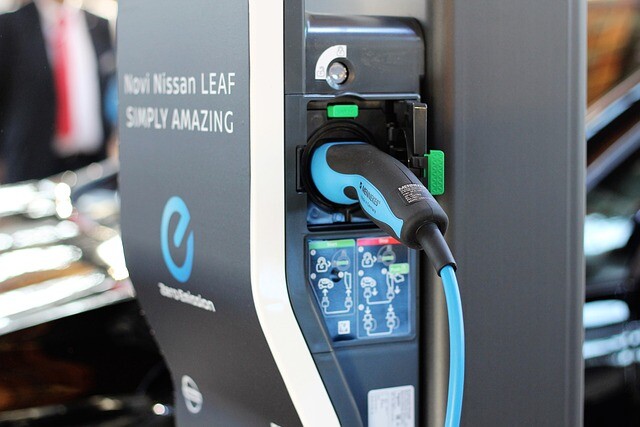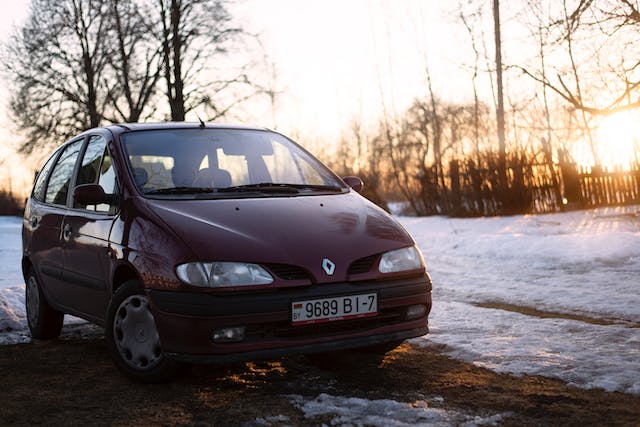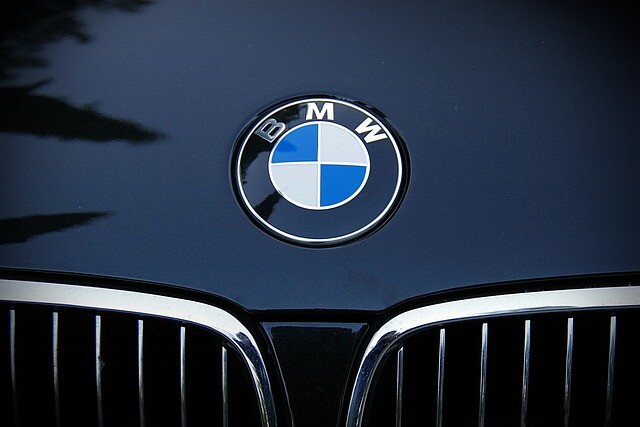A hydrogen-powered bus is available between Budapest and Vecsés
For the first time, a hydrogen-powered bus is participating in public transport in Hungary; the more than three-week pilot project of the Green Bus program can provide useful experience on the everyday use of the technology, said the state secretary of the ministry of innovation and technology (ITM) responsible for the development of the circular economy, energy and climate policy at a bus presentation in Budapest on Wednesday.
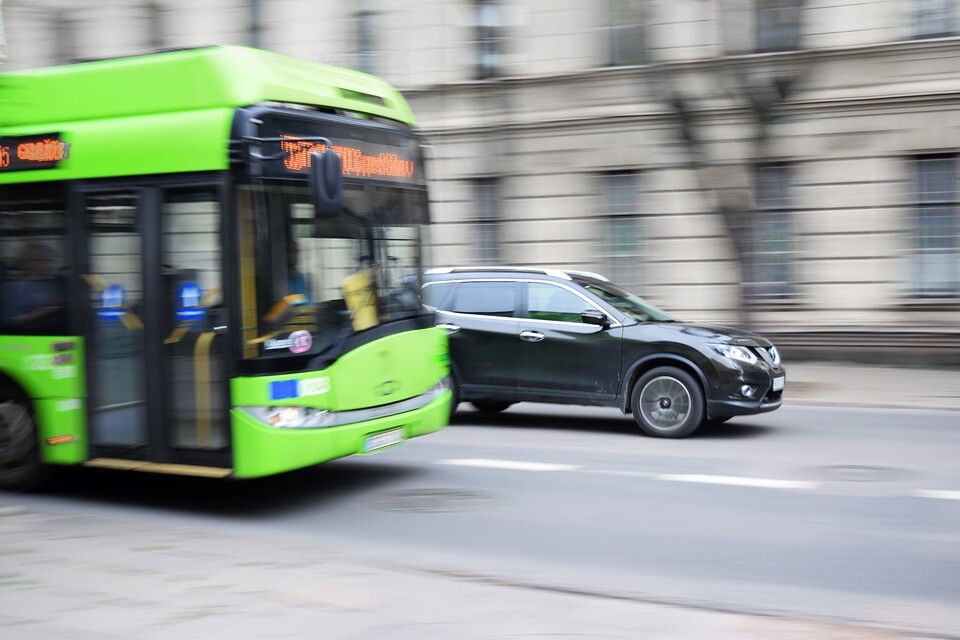
Attila Steiner emphasized that transport accounts for one-fifth of domestic CO2 emissions; In order for Hungary to achieve the undertaken climate neutrality by 2050, significant changes are needed in this area as well.
He recalled that the government had adopted a hydrogen strategy last May, and that a hydrogen technology alliance had been formed with the participation of industry. One of the main areas of the strategy is the use of hydrogen technology in transport, especially for heavy vehicles and buses, he pointed out.
The Secretary of State emphasized that Hungary has a good foundation to be a serious player in the hydrogen technology market.
Organized by HUMDA Hungarian Automobile Sports and Green Mobility Development Agency Ltd., Volánbusz will operate the Solaris Urbino 12 electric H2 fuel cell bus between Kőbánya-Kispest and Vecsés.
Attila Steiner indicated that the Green Bus program provides significant support for the deployment of electric buses. As he said, after the demonstration phase, they want to replace 1,100 buses with electric drives in the next period. However, battery capacity and range are still limited, so this solution is basically suitable for local transport, he added.
Hydrogen propulsion seems to be competitive even over long distances, and the pilot project will help the technical implementation and practical applicability of the new technology, he explained.
The Secretary of State said that according to the declaration signed in Budapest on Tuesday, the V4 countries will still work closely together to build a hydrogen economy, especially in the field of research and development.
Róbert Homolya, President and CEO of the MÁV-Volán Group, emphasized that greenhouse gas emissions from transport must be reduced by 50 per cent by 2030 and by almost 100 per cent by 2050.
He pointed out that rail is the greenest and most sustainable mode of transport. At the same time, serious steps are still needed for the MÁV-Volán Group to make a strong contribution to climate change; in rail transport, for example, electrification must be continued and emissions from Volan, one of Europe's largest bus fleets, must be further reduced, he explained.
Zoltán Pafféri, President and CEO of Volánbusz Zrt., Said that 40 electric buses have already been put into test operation with the help of the Green Bus program, and another 60 are planned to be procured in the near future.
He mentioned that they were waiting for the experience gained during the testing of the fuel cell vehicle. The hydrogen-powered bus will run between February 11 and March 6 in Vecsés and the capital in public passenger transport, and anyone can try out the test vehicle free of charge.
Balázs Weingartner, President and CEO of HUMDA Zrt. As he said, a dynamic upswing can be expected after 2030, but it is already clear that the development of buses in the field of hydrogen technology has overtaken other vehicle categories.
The Solaris Urbino 12 electric H2, a three-door, 12-meter-long bus capable of carrying 89 passengers, has a 70 kW hydrogen fuel cell into which hydrogen gas is delivered. Hydrogen and atmospheric oxygen react chemically, producing water and electricity. The bus is powered by an integrated electric motor, the vehicle can cover 350-400 kilometers with a single charge.
(Source: autokalauz.co.hu; MTI | Image: pixabay.com)

